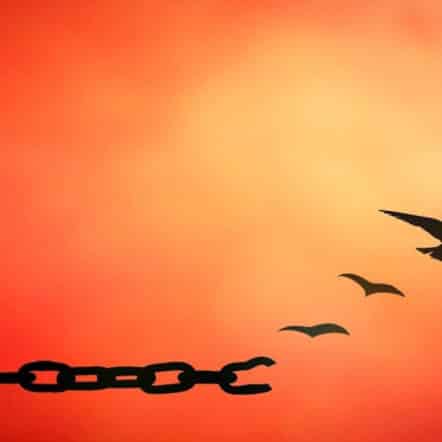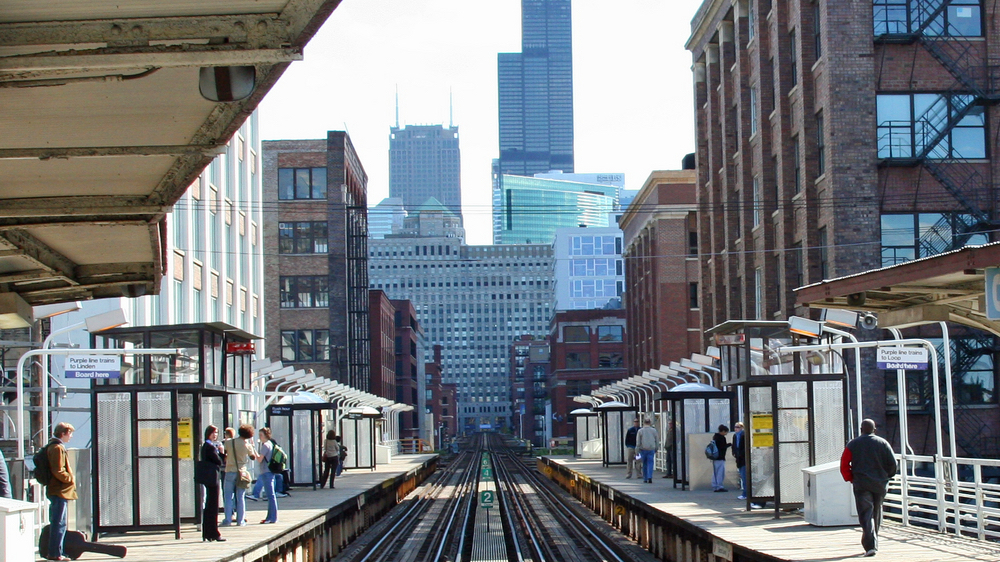Matthew 18:35 “So will my heavenly Father do to you, unless each of you forgives your brother from your heart.”
This Gospel passage, which concludes the parable on forgiveness, gives me the goosebumps and makes me shiver because my mind rushes to an episode that, since 36 years ago, has affected me deeply.
I happened to be vacationing in my hometown in Northeastern Italy. An old man in his mid 80s came to confession face to face and I was, right away, deeply shocked by his scary look and demeanor. Here was a man approaching his final encounter with God and, yet, who proceeded to tell me how his life had been totally consumed by the single thought of getting even with his neighbor who, some 40 years earlier, had denied him access to the main road from his home. Having exhausted all legal recourses, he had spent every waking moment obsessed by hatred, resentment and the urge to get even. This was especially true every time, for any errand, he had to drive the long way to town around his neighbor’s property.
I pointed out to him how his unwillingness to forgive had ruined his life while his neighbor might have been perfectly oblivious to what was still tormenting him. I told him even that I had to refuse him absolution because he was unwilling to even try to be reconciled with his neighbor. His reply left me totally anguished. He said something to this effect: “I am ready to go to hell for all eternity, but I will never forgive him. Actually, let me tell you that I got my son to swear to me that he, too, will never forgive him!”
My dear fellow human beings: unwillingness to forgive from the bottom of our heart is a most devastating condition that consumes anyone alive. Hatred and vengeance would poison our very soul, eat us from within, leaving us tormented and disfigured.
Once, I heard a priest say that unwillingness to forgive is as irrational as taking a deadly dose of poison and waiting hopefully for our hated enemy to die from it. Our Gospel passage from Matthew (18:21-35) reminds us that those who are unwilling to forgive are losing everything on this earth and, by choice, are bound to lose everything also in the afterlife which is eternal.
Preachers love to say that God’s love is unconditional. Invariably, they are well-intentioned yet quite wrong. There is a single condition and it is spelled out in chilling, clear, unequivocal terms: So will my heavenly Father do to you, unless each of you forgives your brother from your heart.
This condition is inescapable and self-evident.
God is love by the definition (Cf.1 John 4:8 & 4:16) that He gave of Himself. As it is also revealed by Him in the New Testament, to be in heaven means to be like Him.
Consequently, to be like God we have to be exclusively pure love. It is impossible for anything like even the smallest trace of resentment, hatred, unwillingness to forgive to be allowed in heaven. Clearly, the only condition for being in heaven is to be solely love. It is as simple and, as scary, as that!
And here is another consideration. How can so many, otherwise intelligent people, choose to lead miserable lives driven by resentment and vengeance, and insist that members of their family make the same irrational, damning choice?
The answer is one that we know instinctively, yet that we could be tempted to ignore if someone wronged us grievously. We all know that it is pride; that it is unbridled self-importance that would lead us down the road to vengeance and, eventually, to self-destruction. Were we to be consumed by unwillingness to forgive, we would show signs of becoming irrational, but we would also be guilty of a gross miscalculation that, if deliberately maintained, would lead us to eternal damnation.
The miscalculation is the one of equating the two debts. In reality, our debt to God is infinite regardless of how it might appear to us, simply because our divine Creditor is infinite. However, any debt between two human beings who, as such, are frail, limited, weak, fallible, inconsistent and easily fooled is reduced considerably, if nothing else, by the very limits of the shared humanity of both perpetrator and victim.
If our self-importance leads us to withhold forgiveness for more than the reasonable span of time we might need to deal with our bruised ego, we would equate what is owed to us to what we owe God! And that would be the epitome of arrogance and the apex of stupidity, at the same time.
One final consideration: God has made us already “an offer we cannot refuse.”
Since He wants us to be, one day and forever, with Him in heaven, to be like Him, to be pure love without any trace of resentment, in His boundless love, He has written off the entire, enormous debt that we owe Him on account of our sins. And, in case we might have forgotten: the amount of our debt is the infinite value of the blood of His only Son Jesus Christ on the cross. So, we are left forever insolvent!
We are left with no choice. It is forgiveness from the bottom of our heart, no matter how large, how vicious, how terrible the wrong that was done to us by one of our brothers or sisters, OR eternal damnation.
My dear friends in Christ, the Lord has gathered us to celebrate together, every Sunday, the re-presentation of the writing off of our individual and collective debts in the blood of Christ Jesus. May this Word of God, as forceful and compelling as ever, lead us to make the right choice and to accept wholeheartedly the offer of salvation we cannot refuse, by being always willing and ready to forgive all our debtors, from our heart.








